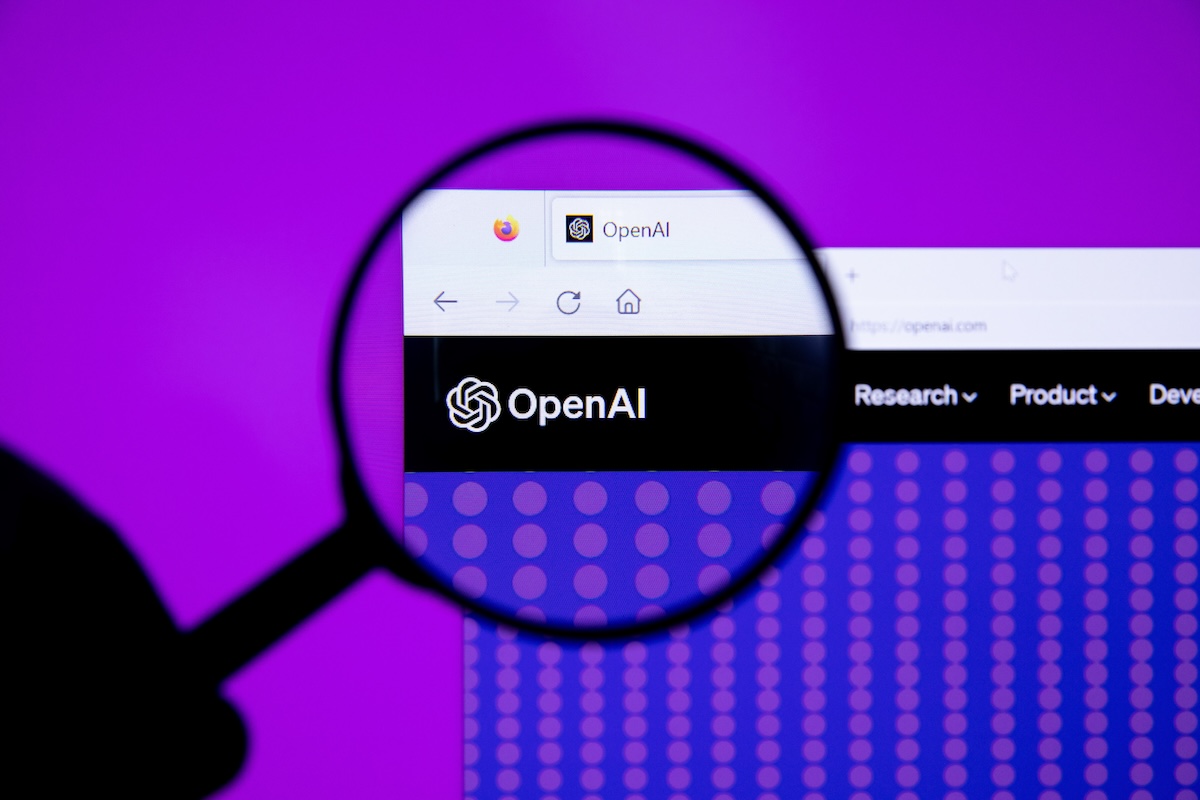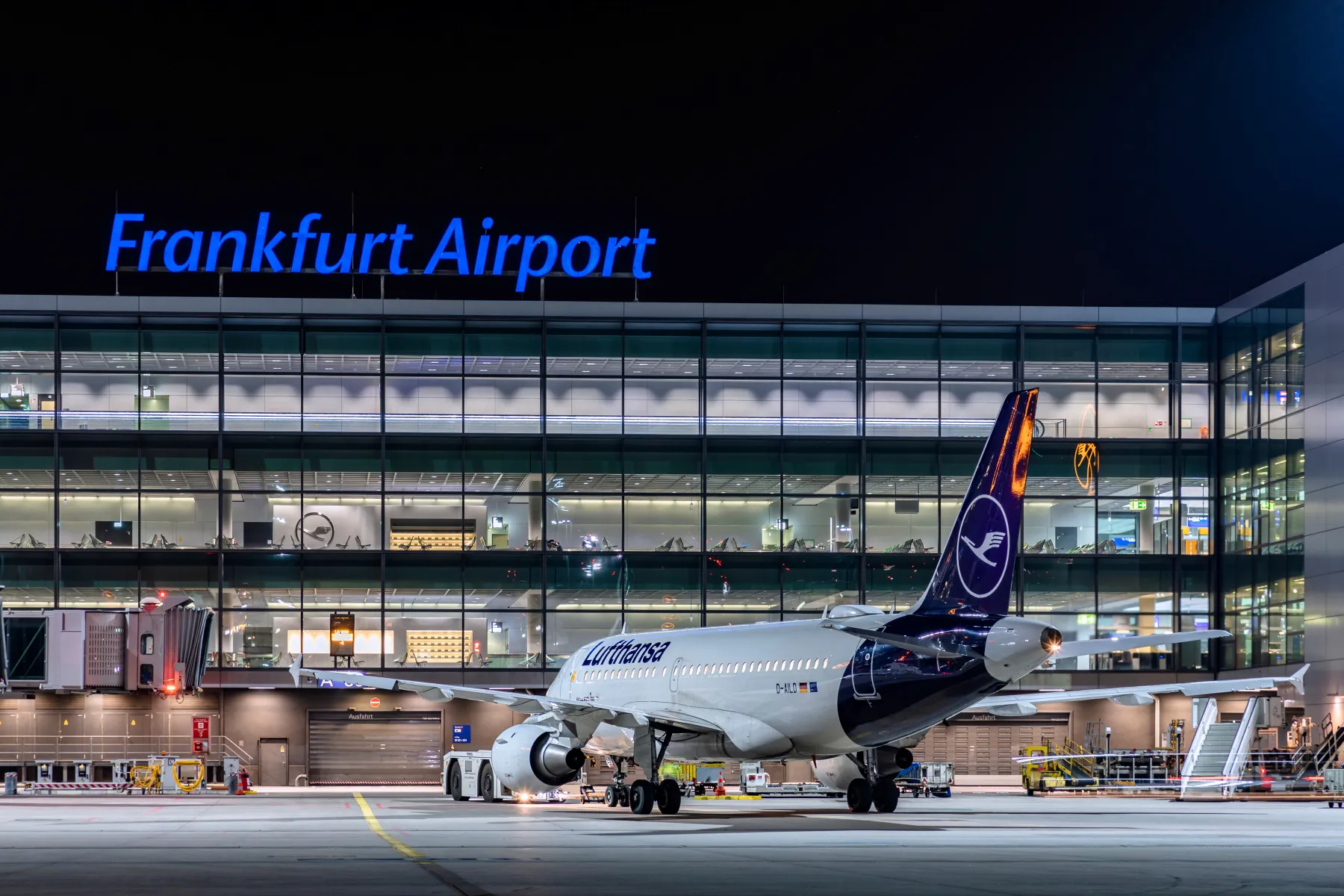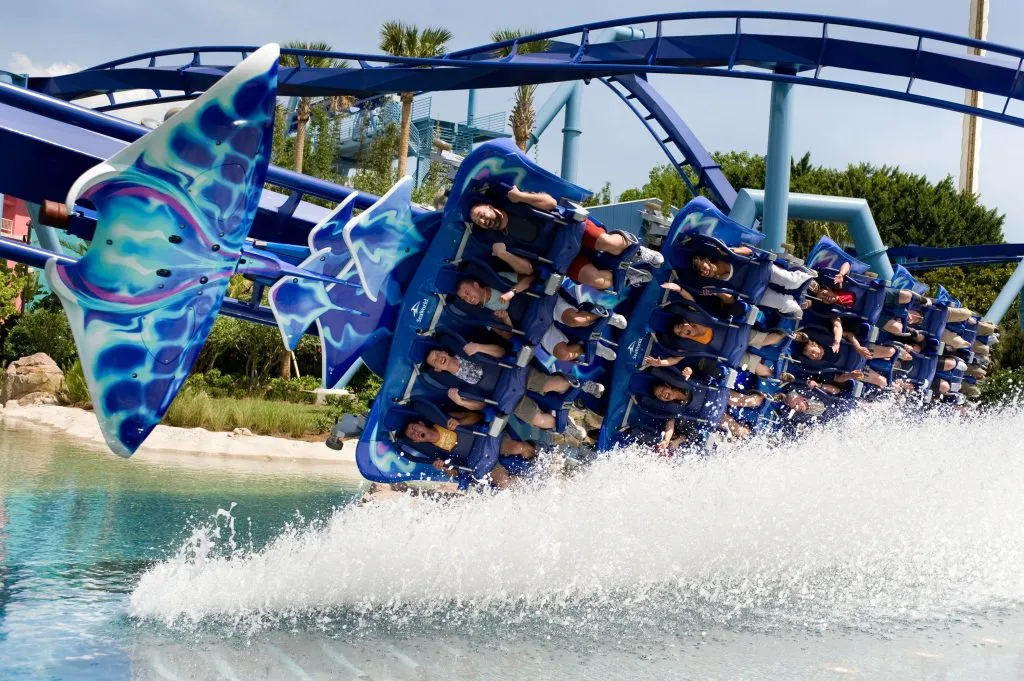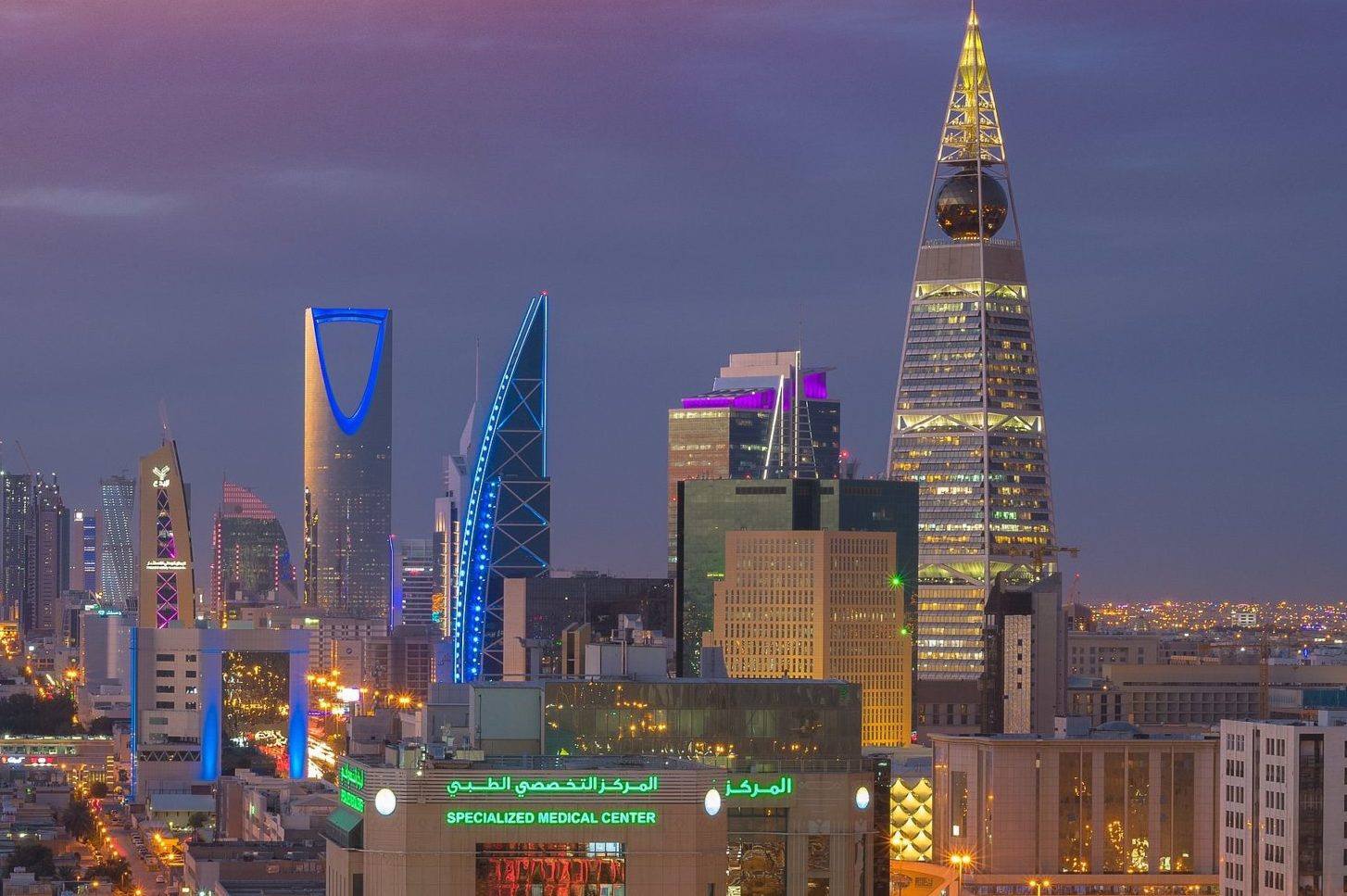What It Meant for Cleveland and Philadelphia to Win National Political Conventions
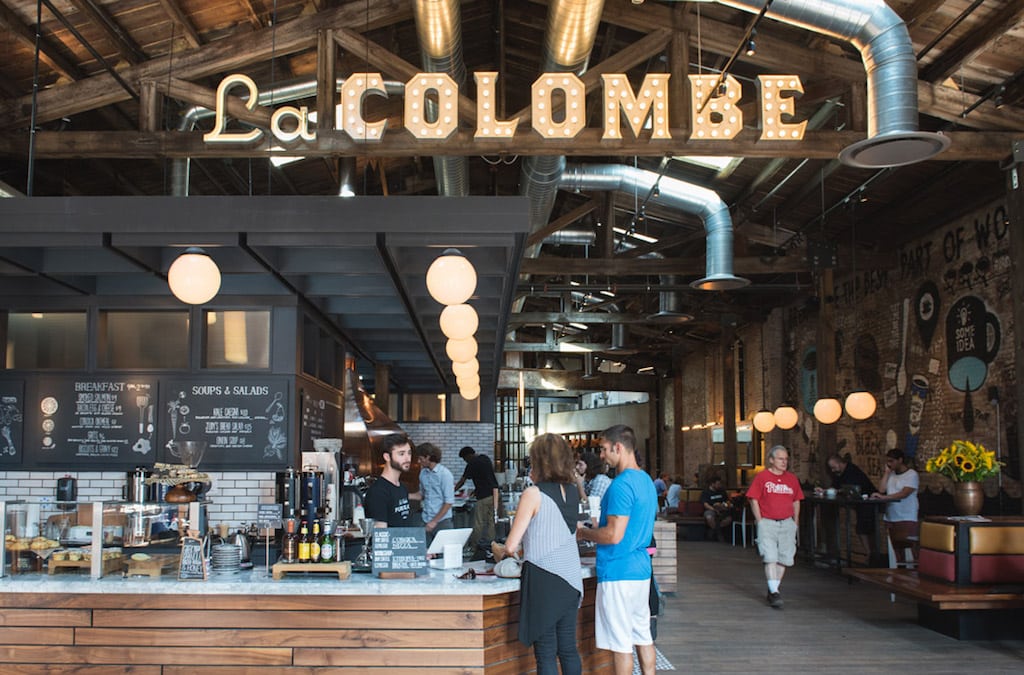
Skift Take
According to the tourism and convention bureaus in Philadelphia and Cleveland, their public-private partnerships, new urban infrastructure, and surging knowledge-based economies are why they won their bids to host the national Democratic and Republican conventions, respectively.
Both cities have come a long way in redefining their images in the last two decades, and both cities feel the conventions are a direct acknowledgment of that.
Between 1980 and 2010, America lost seven million manufacturing jobs due to foreign competition, automation, and the financial crisis, with "rust belt" cities like Philadelphia and Cleveland being hit among the hardest. However, following the recession, the focus on manufacturing shifted from producing cheap goods to smart goods, fueled by emerging technologies and a hungry young workforce with a knowledge-sharing mindset.
The result of that is the rise of “brainbelt” cities according to the new book, “The Smartest Places on Earth: Why Rustbelts Are The Emerging Hotspots of Innovation.” These urban centers have developed a collaborative ecosystem of public-private partnerships between local government, business, and academia that's improving economic competitiveness and attracting young professional talent.
Today, Philadelphia is drawing the highest percentage of growth of new Millennial residents among the 10 largest U.S. cities. Meanwhile, Cleveland ranks in the top 10 U.S. cities with the highest percentage of professional degrees and highest migration of incoming Millennials.
Both cities have also developed robust alliances among their research universities and technology businesses to spur new industry innovation, especially health tech in Cleveland and advanced manufacturing in Philadelphia. Championing that, Cleveland State University last year published: "From Metal to Minds: Economic Restructuring in the Rust Belt."
Now it's time to show off all that to a global audience on the biggest stage possible for either city.
“Philadelphia is really having a moment because we've done so much in the last 10 years to change the image of our city in so many ways,” says Julie Coker Graham, CEO of the Philadelphia Convention & Visitors Bureau (PHLCVB). “That’s why events like last year's World Meeting of Families papal visit and the DNC are choosing Philadelphia, for kind of that momentum we're experiencing. It’s about the complete transformation of the city and how vibrant it has become.”
Philadelphia hosted the 2000 RNC, so it's ability to host a citywide event the size of the 2016 DNC wasn't a question for the Democratic site selection committee. Graham told Skift that “the cranes all over the City Center District show the continuing progress in Philadelphia, but that was only one of several reasons why the DNC committee chose to host the event here."
One of those factors was the city's compact hotel footprint and walkable downtown. DNC Chairwoman Debbie Wasserman Schultz told reporters in a conference call, "The fact that there are 18,500 hotel rooms within a 15-minute walk of the arena, the Wells Fargo arena, the fact that you would have an opportunity for delegates to be coming back and forth and interacting very cohesively in Philadelphia was a big strength of theirs."
But rather than focusing solely on showing off the urban infrastructure and access during the bid process, the PHLCVB emphasized how it’s developing public-private partnerships to engage the local business community and residents during the convention. Graham said the local community is as much a priority for the CVB as are the 7,000 DNC delegates, 15,000 media members, and another anticipated 25,000 visitors coming from outside the city.
For example, PoliticalFest takes place in a series of venues in different locations, including the Pennsylvania Convention Center, offering immersive, politically-themed programming and exhibits. Tens of thousands of people are expected to attend during the days leading up to the DNC to learn about American political history and Philadelphia’s integral role.
Likewise, The Heritage Center of The Union League of Philadelphia launched the Sweep the Country: Political Conventions in Philadelphia exhibition, in partnership with the Philadelphia History Museum. It highlights the 11 previous political conventions held in Philadelphia between 1848 and 2000.
Graham added that the city is developing many other ancillary events during the DNC, including a Restaurant Week and Day Market to drive dollars to local businesses and immerse residents in the convention hoopla.
“We're spending a lot of time and effort communicating to the local business community and residents that we really want you to be a part of this,” she said. “One of the things we learned with the Meeting of Families after the event, I can't tell you how many residents said they wished they had stayed in town to be part of what is probably a once-in-a-lifetime experience.”
Cleveland's Big Day
In Ohio, David Gilbert, CEO and president of Destination Cleveland, expressed the exact same sentiment, saying that the Republican site selection committee wanted to see strong public-private partnerships, above and beyond all of the new downtown infrastructure, which is considerable.
Since 2011, according to the Cleveland+ regional marketing initiative, "$11.7 billion has been invested within the City of Cleveland, much of it attracted by public-private partnerships.”
Many U.S. cities, Gilbert explained, can provide the necessary hotel room block, convention space, and transportation services required to host a national political convention. However, the ability to bring all of the stakeholders in a city together as one collective force to create an all-inclusive delegate experience is a whole other matter.
“The CVB cannot pull off a political convention on its own,” said Gilbert. “It takes an enormous coordinated effort throughout the community to secure a national political convention.”
That included raising $64 million among local businesses, government, and universities that the RNC required for the city to host the event. The federal government is kicking in another $50 million to pay for security costs.
“What was critically important for them was really the people, and how we put together the public and private civic partnership, and the fact that the local community across the board was incredibly passionate in wanting this convention,” Gilbert explained. “The private-public partnerships are about embracing our convention industry, and the growth of that industry, to attract conventions and make sure the right experience is there for their delegates.”
The integrated Cleveland Convention Center complex — including the new Global Center for Health Innovation, the new Hilton Cleveland Downtown opening June 1, and the new Public Square redevelopment project — is one high-profile example of public-private development that heavily influenced the Republican site selection committee.
Likewise, the Playhouse Square theater district, which was originally one of the city’s first public-private partnerships, unveiled a $16 million renovation in 2014.
Directly next to the convention center, the Warehouse District is the oldest neighborhood in the city, which has since evolved into Cleveland's primary dining and entertainment scene.
In 2014, the Downtown Cleveland Alliance, including the Historic Warehouse District Development Corporation and Greater Cleveland Partnership, and the City of Cleveland unveiled the 109-page Step Up Downtown development plan. The goal is to make the downtown corridor even more user-friendly for delegates and residents.
“The strength of Cleveland’s economic development is largely supported by public-private partnerships,” said Joe Roman, president and CEO of the Greater Cleveland Partnership. “Through these partnerships we’ve built an infrastructure that enables us to attract and host major events like the 2016 Republican National Convention.”
Recently, Skift spoke with a senior CVB representative in one of the cities that bid on the RNC, who said there are some people in that particular organization who are now glad they lost the bid because of the "Trump mess."
We asked Gilbert for any insight into the security measures being implemented for the RNC. He responded that security is the domain of the Cleveland Police Department and the U.S. Secret Service, so it's not something the CVB is really privy to. He did say he has complete confidence in the people responsible for maintaining order.
Destination Brand Impact
While the direct economic impact of the two political conventions is significant, the real value is the global exposure on the resurgence of Philadelphia and Cleveland.
"We've done a lot of research related to the perception of Cleveland and we've battled perception issues for a number of decades, but it's turned around dramatically," Gilbert told us. "In terms of group business especially, being able to show the new convention center and new hotels, and that we have the ability to host a convention of this magnitude, is very, very important for the city of Cleveland."
Graham added that no city could ever afford the kind of public relations blitz and media coverage that a national political conference offers.
"The visibility of your city for four night in a row, especially on TV, as well as the ancillary stories that will be written about different assets, like a great restaurant or attraction, will be circulated throughout the entire convention," she said. "Those things do a lot for a city's image."
Meryl Levitz, president and CEO of Visit Philadelphia, was instrumental in the development of RNC 2000. Back then, Philadelphia just wanted to prove itself as a destination worthy of large convention business. Now the city wants to show it can compete with anybody.
"In 2000, Philadelphia had a lot to prove and it was extremely important to show that the city was very different than people had in their minds," recounts Levitz. "This time we feel like people already see us as a hot city, so they're coming with a level of expectations they didn't have before. That means we can focus on promoting the city's image much deeper than we did the first time."
In a savvy bit of synergistic brand storytelling, Visit Philadelphia is positioning the destination brand and the city's value proposition in alignment with the Democrat's overarching convention storyline and its brand mission. Both the city and the political party are promoting an American ideal of community unity to drive progress.
"The historic symbolism of the city and the reconnection with American values, along with their mantra, 'Let's Make History Again,' and the idea that America could come together through the Democratic Party in the city where it all began, is really interesting," said Levitz.
At the same time, the DNC team asked a lot of questions about the surge of Millennials and creative class professionals into Philadelphia, and how that was shifting neighborhood demographics. They also wanted to know about international immigration rates and the startup scene as well, to capture a view of the city's social and entrepreneurial fabric.
"So the DNC ended up really thinking of us as an old city with new growth," said Levitz. "That part of the American story is really important to them."
Another one of the biggest differences between the 2000 RNC and the 2016 DNC is obviously the importance of digital content and social media.
The websites for the Philadelphia Hosting Committee and the Cleveland Hosting Committee are evidence of that, and both portals played an important role in sourcing private business investments and public-private partnership opportunities. As well, the websites provided a single platform in each city to communicate updates to local citizens.
As well, Visit Philadelphia's popular Uwishunu lifestyle blog will be posting numerous stories daily and blasting out social media throughout the convention.
"Debbie Wasserman Schultz talked about Philadelphia's people and spirit and culture that uniquely embodies the United States," summed up Levitz. "Partly what she was talking about was our founding fathers and the self-evident truths that we still challenge ourselves to live up to. They really set the bar for us because sometimes living amidst it all, sometimes you forget the incredible fact of what happened here."

